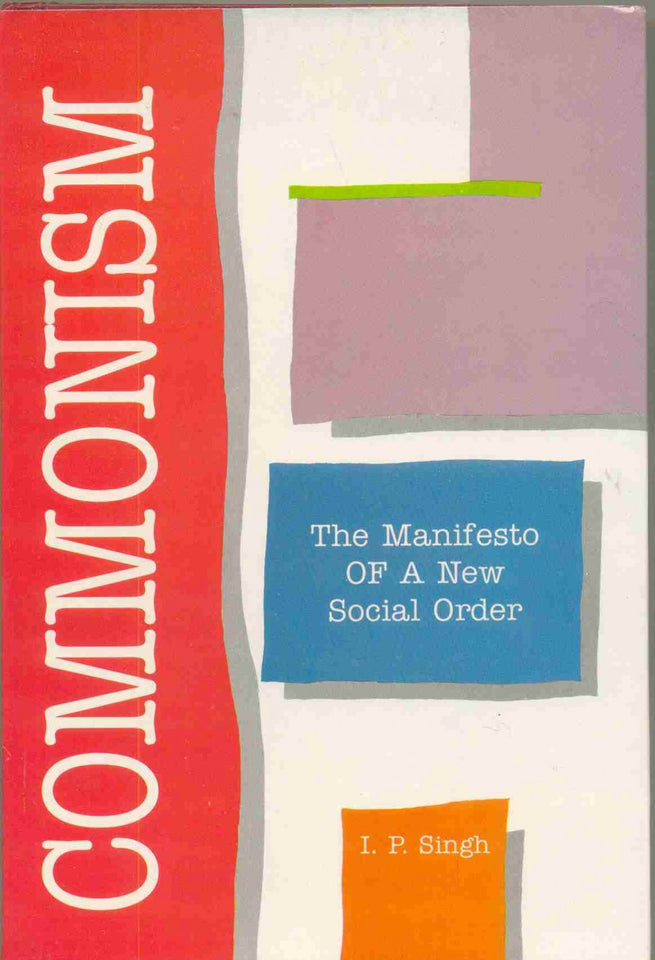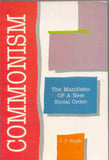Commonism: The Manifesto of A New Social Order
Regular price
Rs. 295.00
What we have witnessed in Eastern Europe during the last two years was, in effect, a Second Fall of Constantinople. But, Communism did not crumble under the onslaught of Capitalism. It succumbed to its own contradictions. State Capitalism, which owed its name to Lenin and substance to Stalin, has proved inadequate. Lenin has realized this within five years of Communist rule, but Stalin erased Lenin’s New Economic Policy from the Marxist agenda. The solution to the problems of socialism does not lie in capitalism. The latter has already demonstrated its bankruptcy. Its tallest institution, the multi-national corporation, can no more foster the spirit of free enterprise than state capitalism. Both are oligopolies, in which the worker has no chance of profit. The answer to the problems of socialism lies in taking Marx to his logical conclusion, that is, giving to the workers, from top to bottom, their judicious share in the surplus value created by them in each enterprise. All economic activity results from interaction of three forces-capital, labour and the state apparatus. An economic system in which these forces are in equilibrium has best chance of success. In an ideal enterprise, these three forces should be equal partners. This is the central theme of Commonism. These ideas are derived from thoughts of the three great men who have influenced the lives of the people everywhere over last one hundred years. These three men were:- Abraham Lincoln, Vladimir Ilych Lenin and Mohandas Karamchand Gandhi. The salvation of mankind today is possible only through the politics of Lincoln, the economics of Lenin and the moral philosophy of Gandhi.
Dr. Indu Prakash Singh born on August 8, 1931 at Jaunpur in U.P. had been a distinguished member of the Indian Foreign Service from 1955 to 1989. bEfore joining government service, he was a lecturer in Philosophy at the University of Allahabad where he had a brilliant academic record. After administrative training in West Bengal which included a spell at Santiniketan he joined the Oxford University for a special course in international relations. After serving in Indian Mission in Cairo, Beirut, Washington and Kathmandu, he was appointed India’s Ambassador to Sudan. Subsequently he served as Deputy High Commissioner and Acting High Commissioner of India in London and as Ambassador in Madras and Rangoon. He also served in the Ministries of External Affairs and Commerce of the Government of India in Various capacities. As a diplomat, Dr. Singh had the opportunity to take part in a large number of international and bilateral meetings. Prominent among these were: The First Islamic Summit held in Rabat in 1969, the Indo-Pak meetings in Islamabad to resume diplomatic relations in 1976, the Non-aligned Coordination Bureau Foreign Services in September 1989, after declining an offer of extension of service by the Government of India. He joined political and became a member of Indian Congress (Socalist). He is at present General Secretary of Congress (S). Dr. has written three other books – “Diplometry” (1970), “The Gita-A Workshop on the Expansion of Self” (1977) and “The Aborted Revolution” (1990). The last one is the story of the failure of the Indian experiment after the assassination of Mahatma Gandhi.
Guaranteed Safe Checkout





